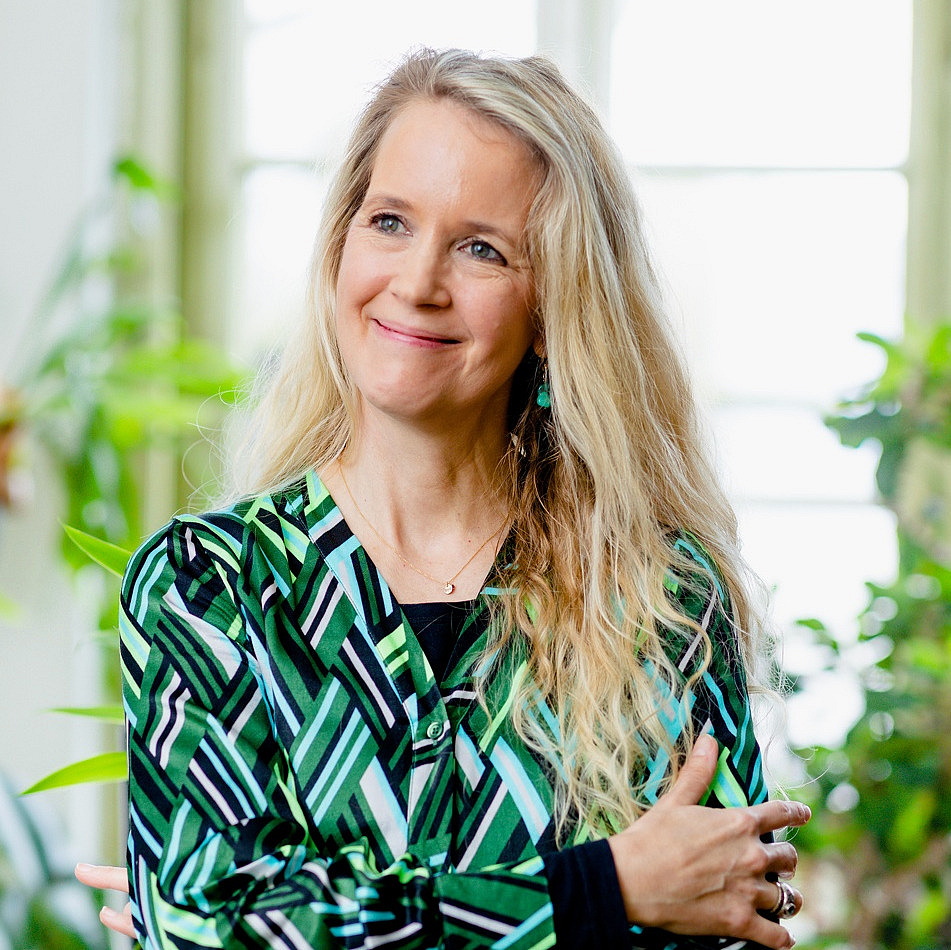Comparative Biocognition
How did language and other complex communication systems evolve? Which ecological, social and endocrinological factors shaped the evolution of sophisticated communicative skills? How do communicative and underlying cognitive skills develop? How did human medical skills evolve? Which evolutionary precursors to human medical rituals and involved cognition can be found in other animal species?
These and many other questions are addressed at the Osnabrück Research Group for Comparative BioCognition (CBC).
To achieve this purpose, we explore different model systems: Children between 0 and 6 years of age, our closest living relatives, bonobos and chimpanzees, distantly related primates species, corvids and bottlenose dolphins.
Prof. Dr. Simone Pika

Institute of Cognitive Science
Comparative Biocognition
Artilleriestraße 34
49076 Osnabrück, Germany
Tel.:+49 541 969-3133
spika@uos.de
Consultation hours: on appointment
Do you want to learn more?
If you are interested in our CBC workgroup, research and team, please visit our website: www.comparative-biocognition.de